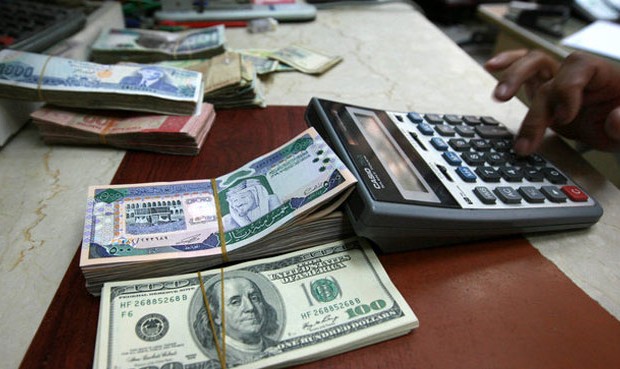The nation’s foreign exchange reserves have dropped to a three-month low of $47.303bn, data from the Central Bank of Nigeria showed on Wednesday.
The reserves, which stood at $47.697bn on July 11, dropped by $394m in 13 days.
Data from the CBN revealed that the reserves rose from $47.333bn in April 24 to $47.846bn on May 11.
The PUNCH reported on July 13 that the reserves, which rose from $47.605bn on May 31 to $47.789bn on June 29, dropped by $102m to $47.697bn on July 11.
The Managing Director, Blackbit Limited, Wale Ajibade, in a telephone interview with our correspondent, stated that the drastic decline in the reserves could be attributed to government action in supporting the exchange rate.
He said, “This is what is putting pressure on the external reserves. I believe that a free market should be allowed, but it is a complex situation because the exchange rate can go up and lead to heightened inflation. But in the long run, the exchange rate would likely see a further demolition in value because of the support.”
The Monetary Policy Committee of the Central Bank of Nigeria on Tuesday expressed optimism that the external reserves would see further accretion.
In the communiqué No 119 of the MPC meeting of July 23 and 24, 2018, which was released on Tuesday by the CBN, the MPC predicted further increases in the level of external reserves in the near term, citing the favourable crude oil prices.
The MPC advised the CBN to sustain its current efforts to maintain investor confidence and ensure accretion to external reserves.
It also called on the Federal Governent to continue to build fiscal buffers against possible oil price shocks in the future, noting that the rise in the monthly distribution of revenues at the Federation Account Allocation Committee portended danger of the absence of reserve buffers to absorb shocks in the future.




